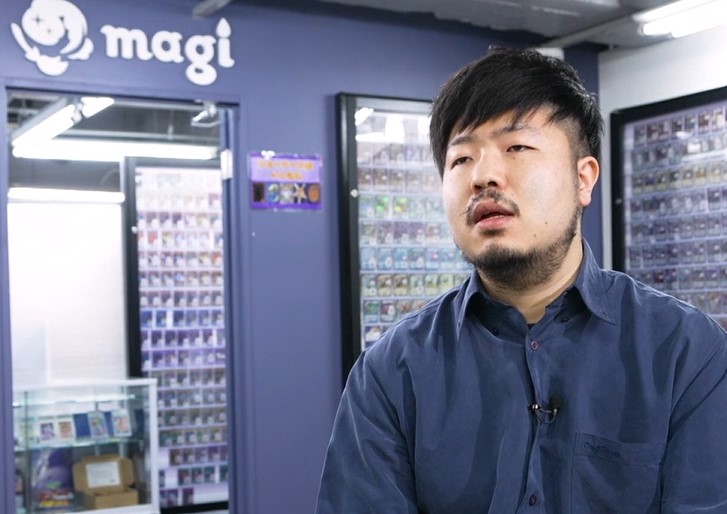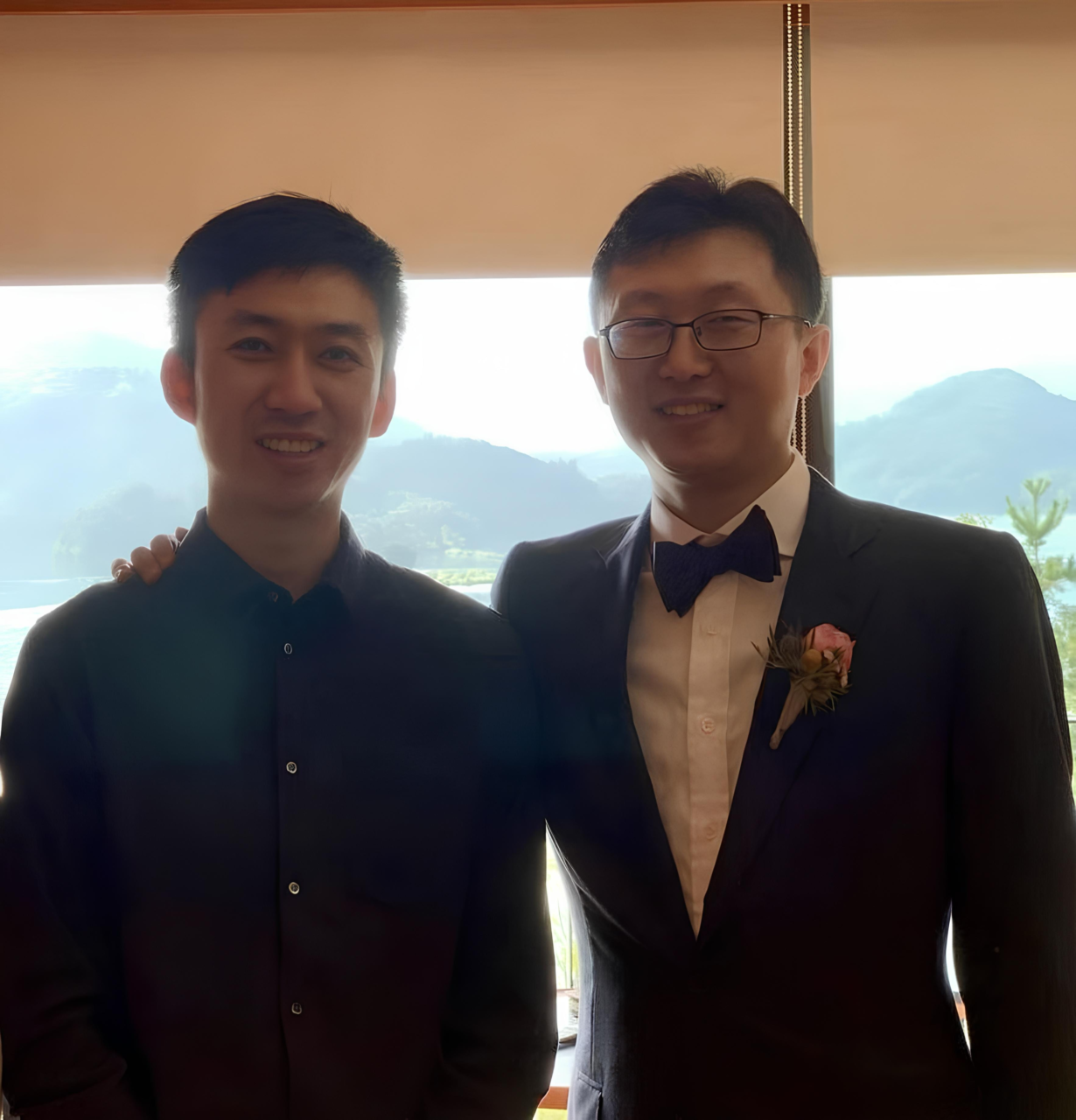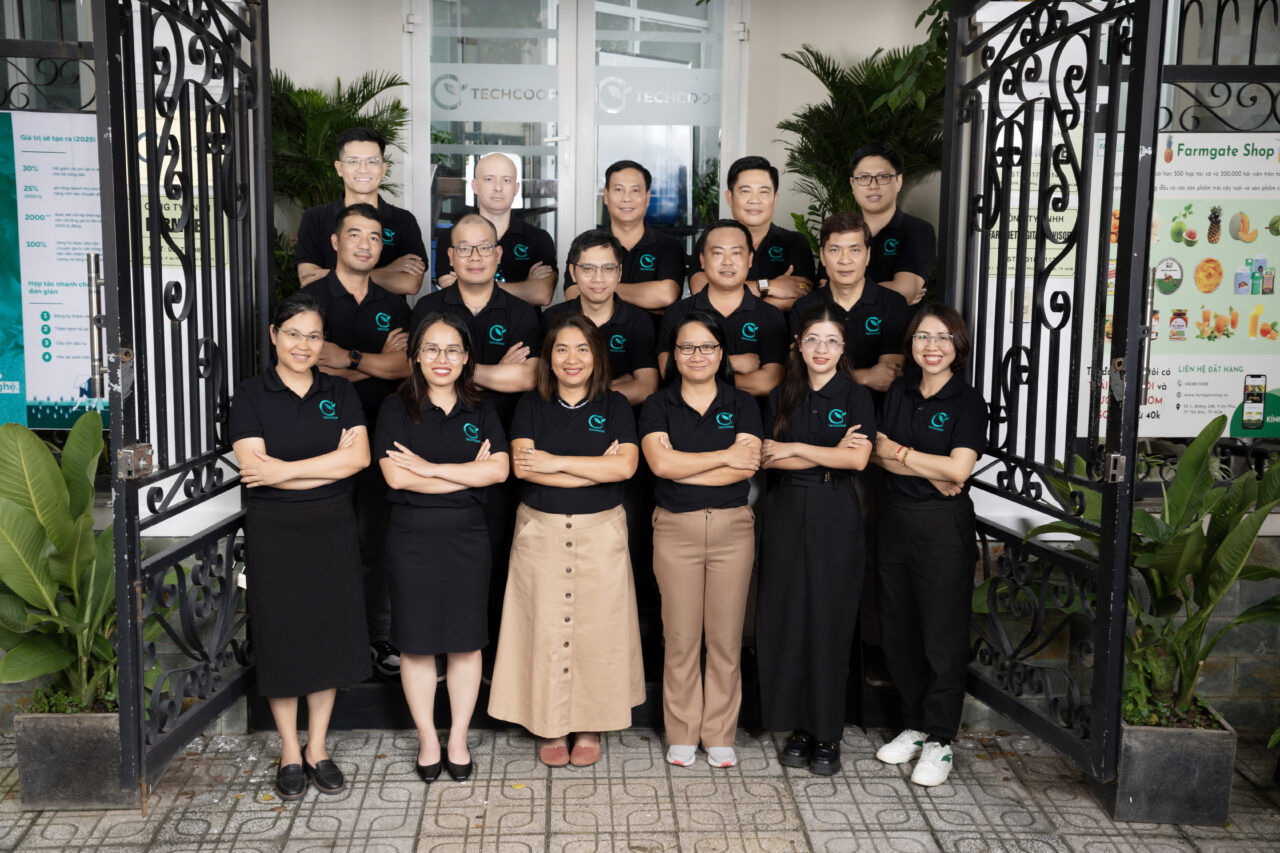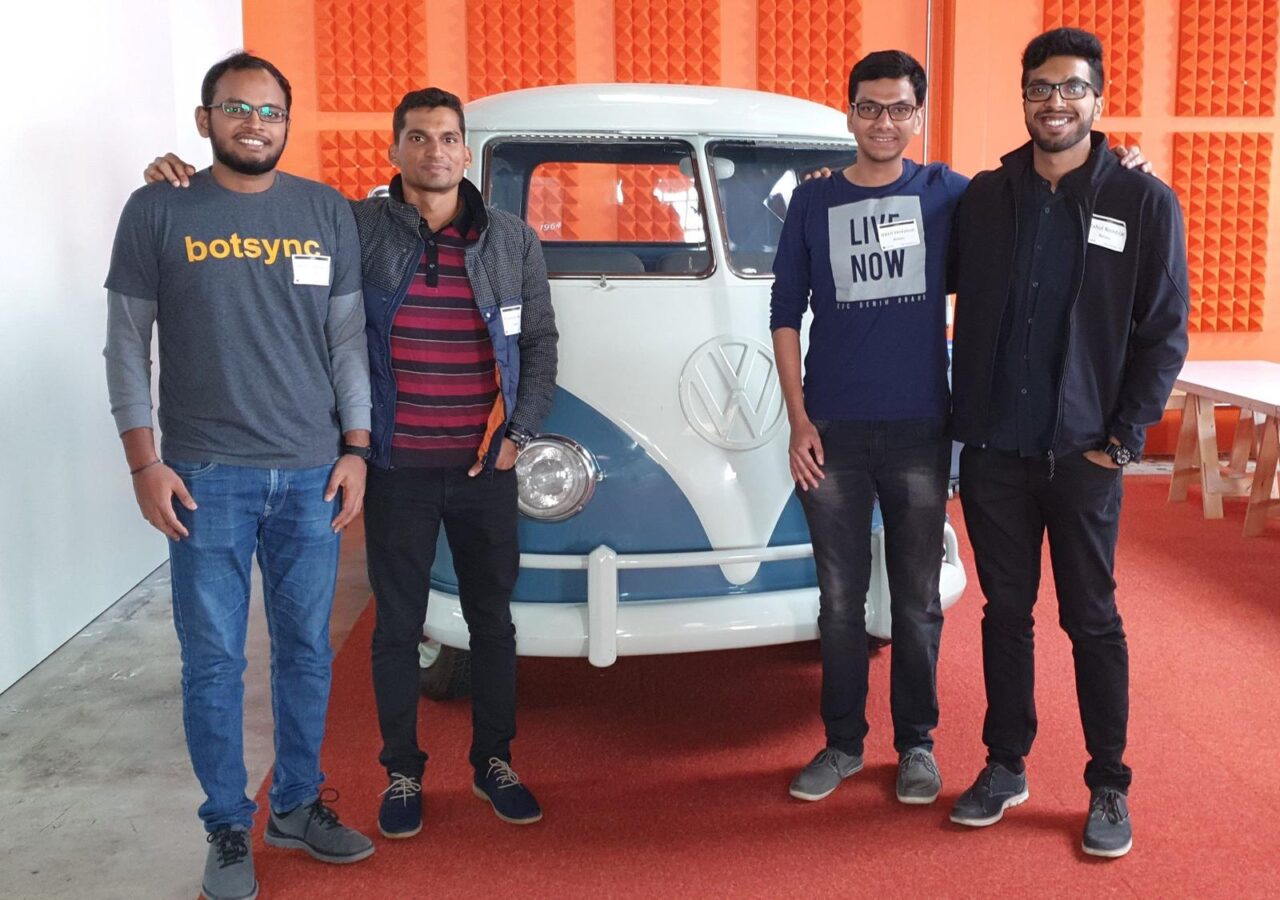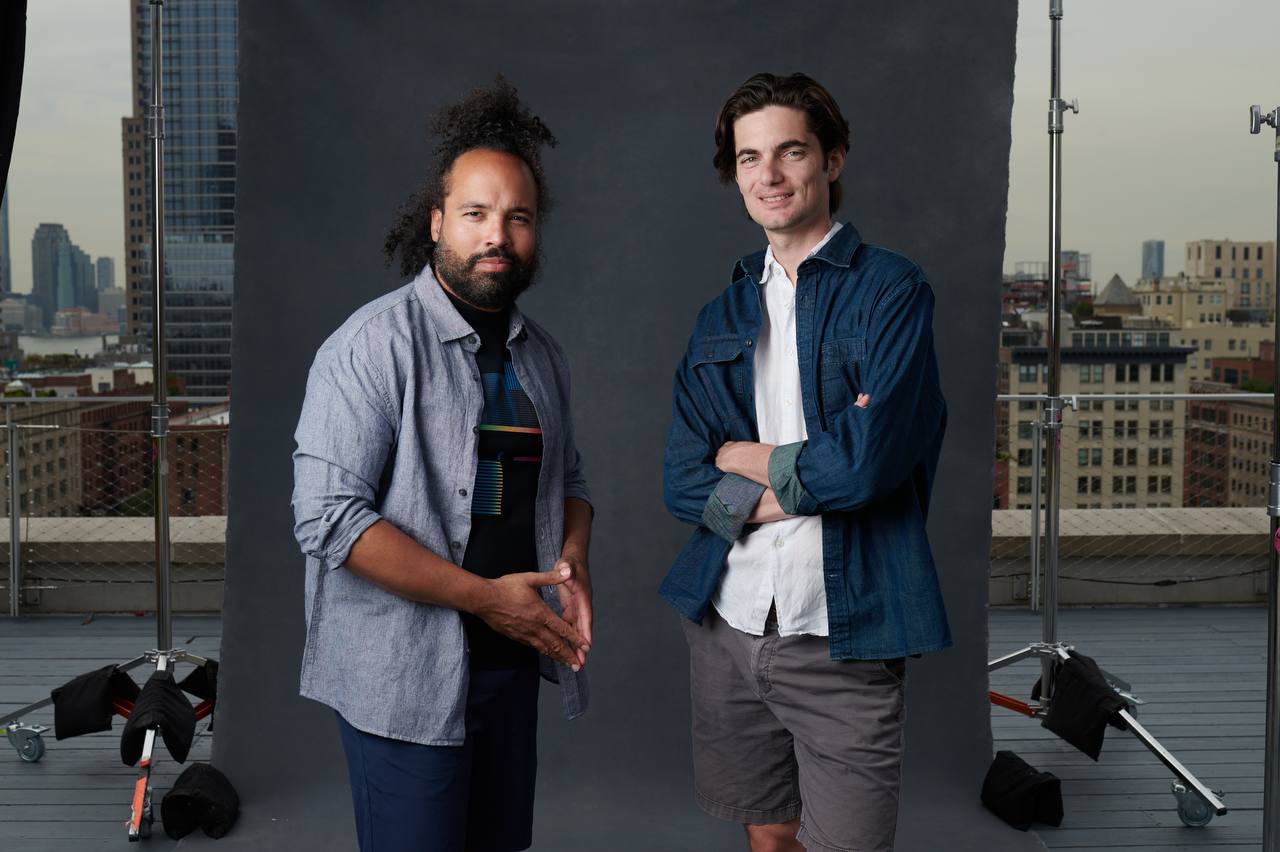
Nearly a decade ago, The DAO on Ethereum introduced Decentralized Autonomous Organizations (DAOs) to the broader public—though infamously through a hack that led to an Ethereum hard fork in 2016. MakerDAO, launched afterward, further showcased DAOs’ potential, sparking a realization that DAOs could empower communities while enabling them to make informed decisions that support the long-term growth of protocols efficiently. While many have long believed DAOs could become a new organizational blueprint, Dennison and Rafael saw an opportunity to accelerate that vision. They joined forces to create Tally—a platform that has evolved into the leading DAO tooling solution, powering over 500 decentralized organizations worldwide. AppWorks is thrilled to share our Series A investment in Tally, and we can’t wait to see how Dennison and Rafael continue to shape the next chapter of governance by many.
Where Humanity and Technology Converge – Dennison Bertram
Dennison’s life journey has been shaped by a profound intersection of technology and social consciousness, stemming from his upbringing in Buffalo, New York. Born to a civil rights activist mother and a Dutch scientist father, Dennison was immersed in an environment where advocacy and exploration flourished side by side. Computers entered his world at a young age, fueling a curiosity that led him to master microprocessors and build his own machine by age thirteen. This passion for innovation propelled him into the esteemed robotics program at Carnegie Mellon University when he was just sixteen, reflecting his remarkable talent for technical problem-solving. Yet, as he delved deeper into robotics, Dennison felt a pull that extended beyond code and circuitry. Influenced by his mother’s steadfast commitment to social justice, he became increasingly drawn to the complexities of governance, power structures, and communal well-being. His academic path shifted toward political science at the University of Pittsburgh, and later, he ventured abroad to witness firsthand how societies rebuild themselves in post-conflict settings. These formative experiences solidified Dennison’s belief in the transformative power of collective decision-making. After returning to the United States and re-immersing himself in the burgeoning crypto sphere, he met Rafael, and later on together they discovered the idea of decentralized autonomous organizations (DAOs). Dennison immediately grasped their potential to blend transparent governance with cutting-edge technology—an endeavor that resonated with everything his life had been leading toward. In founding Tally, he sought to unify his passions for engineering and social betterment, creating a platform designed to standardize and streamline DAO governance.
From Silicon Valley Startups to DAO Innovation: Rafael Solari
Rafael’s path to co-founding Tally can be traced back to his formative years in San Francisco, where technology was practically in his DNA. With a mother involved in Apple and early network startups, and a father at Intel, he grew up surrounded by the energy of the first wave of the internet. Even in middle school, Rafael fantasized about launching his own company—a dream fueled by the infectious excitement of web 1. This passion for creation guided his educational choices: he majored in computer science, immersing himself in subjects like discrete mathematics and game theory, and diving into collaborative programming projects. Outside the classroom, Rafael tested the waters of entrepreneurship through various side ventures, including a campus-winning restaurant recommendation service. Though it never went commercial, it confirmed his love for building products from the ground up.
Post-graduation, Rafael sought out smaller startups in Silicon Valley, believing they would offer a more raw, hands-on approach to learning how businesses are truly built and scaled. From e-commerce to ad-tech, each role gave him an inside view of how dominant platforms like Google, Amazon, and Facebook invariably shaped the competitive landscape. Realizing that these centralized power structures could stifle innovation, Rafael became intrigued by protocols—public, decentralized alternatives that could foster genuinely new business models. His exploration of Bitcoin and Ethereum in 2016 led him to the Crypto NYC coworking space, where he met Dennison. Over countless discussions about governance, stablecoins, and the future of decentralized organizations, their shared vision for a standardized DAO framework took shape. When Compound launched its DAO in 2020, Rafael saw the validation he had been waiting for, and the duo launched Tally to fill the gap in DAO governance tooling.
Tally – The Bedrock and Software Layer for DAOs
Tally provides essential infrastructure for DAOs, enabling seamless on-chain voting, proposal management, and delegate coordination. As the most comprehensive DAO governance platform in the space, Tally has established itself as the industry leader over the past four years, powering over 7,000 proposals and supporting more than 500 DAOs, including top-tier protocols like Uniswap, Arbitrum, and zkSync. Its deep-rooted expertise in DAO governance and strong relationships with key delegates give Tally a significant advantage in securing partnerships and being recognized as the only credibly neutral service provider in the space. This strategic positioning has fortified Tally’s defensibility, and we firmly believe that Dennison and Rafael can continue scaling its platform to become the default governance solution for DAOs.
But Tally’s ambitions go beyond governance tooling. The ultimate vision is to serve as the software layer for DAOs at every stage of their lifecycle. To achieve this, the team has been rapidly expanding its product suite—most notably with the introduction of The Tally Protocol, a groundbreaking solution that allows DAOs to issue liquid staking versions of their governance tokens while preserving voting power. As DAOs collectively manage billions in treasury assets, governance has become a critical challenge, with low voter participation, governance attacks, and misaligned incentives threatening their sustainability.
The Tally Protocol addresses these fundamental issues by providing DAOs with a mechanism to return value to token holders while maintaining decentralized governance. By aligning incentives, increasing participation, and safeguarding against governance vulnerabilities, Tally is not only solving immediate pain points but also laying the foundation for a more resilient and scalable DAO ecosystem. As the space continues to evolve, Tally remains at the forefront, pioneering the next generation of decentralized governance.
At AppWorks, we invest in founders that combine deep technical expertise with a relentless drive to solve fundamental problems for humanity. Dennison and Rafael’s long-term vision, execution, and commitment to building the most robust DAO infrastructure make them the ideal team to push this transformation forward. As DAOs continue to proliferate and demand better governance, we firmly believe Tally will play a pivotal role in shaping the future of this new form of human organization. That’s why we are excited to back Dennison and Rafael as they take DAO to the next level.
